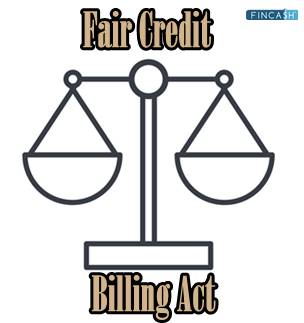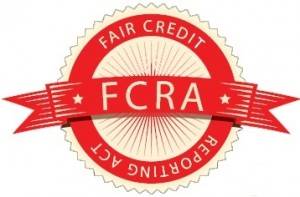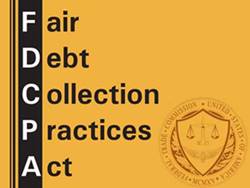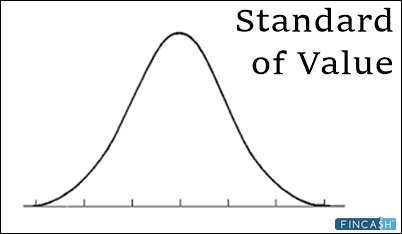Fair Labor Standards Act (FLSA)
What is the Fair Labor Standards Act?
The Fair Labor Standards Act (FLSA) definition states the US-based law that aims at protecting the labour or workers against specific pay practices that might turn out to be unfair. Therefore, as FLSA PDF, the law helps in setting our specific labour-centric regulations with respect to interstate commerce-based employment –including restrictions on child labour, minimum wages for the labour, and specifications for overtime pay.

The Fair Labor Standards Act was passed in the year 1938. However, since it has been passed, the law has observed a series of changes in its provisions. Moreover, it is known to serve as one of the most important laws for employers. This is because it helps in setting out a myriad of specific regulations that are necessary to deal with employees.
What is the Working of the FLSA?
The Fair Labor Standards Act is known to specify the time at which workers tend to be “on the clock.” It also helps in specifying the times that are not fit for working of the labour. The act also helps in laying out in-depth rules that concern whether or not employees tend to be exempt from the given act and its overtime regulations. The Fair Labor Standards Act is known to require overtime to be at least 1.5 times in payment in comparison to the hourly rate on a regular basis for all subsequent hours worked –exceeding 40 hours during the 7-day working week.
Talk to our investment specialist
The Fair Labor Standards Act is known to apply to the workforce or employees who might be employed by some employer. At the same time, the given employees should be engaged in the manufacturing of specific products for commerce, or in interstate commerce. It is known to apply to volunteers or independent contractors. This is because these entities are not regarded as employees.
Fair Labor Standards Act –Exempt & Non-exempt
Under the Fair Labor Standards Act, the employees are divided into two categories –exempt & non-exempt. The non-exempt employees tend to be entitled to the overtime pay. At the same time, exempt employees are not entitled for the same. Most of the employees that are FLSA-covered tend to be non-exempt. There is some hourly labor that does not receive cover from the FLSA.
Fair Labor Standards Act & Workers
Most of the white-collar workers (including administrative, professional, and executive workers) do not remain protected under the Fair Labor Standards Act –as far as overtime is concerned. Workers involved in the farm could be jointly employed by some labour contractor –responsible for recruiting, organizing, transporting, and paying them. The Fair Labor Standards Act helps in laying the grounds for the creation of jobs that could be primarily compensated by tipping.
All efforts have been made to ensure the information provided here is accurate. However, no guarantees are made regarding correctness of data. Please verify with scheme information document before making any investment.












